Fellow Friday | Never Forget
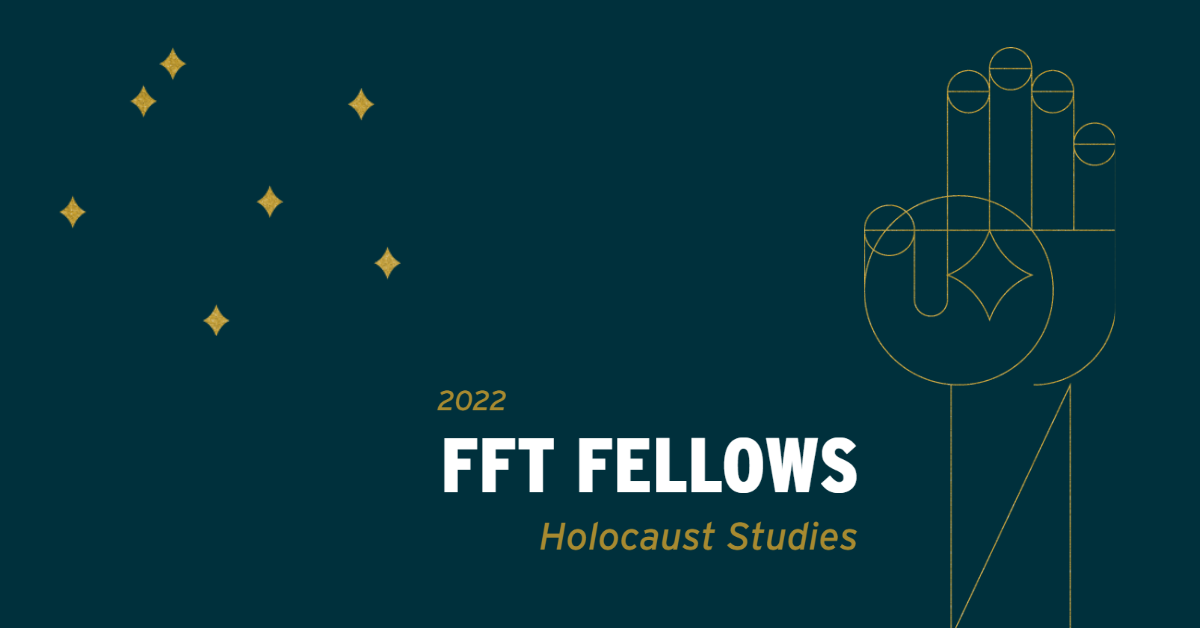
To introduce you to our newest grant recipients, we’ve started Fellow Friday. Last week, we highlighted fellowships focused on math-related learning. In honor of Jewish American Heritage Month, today we share the plans of teachers who will pursue learning about the Holocaust this summer with their Fund for Teachers grants…
Click here for a complete list of grant recipients.
[minti_divider style=”3″ icon=”” margin=”20px 0px 20px 0px”]
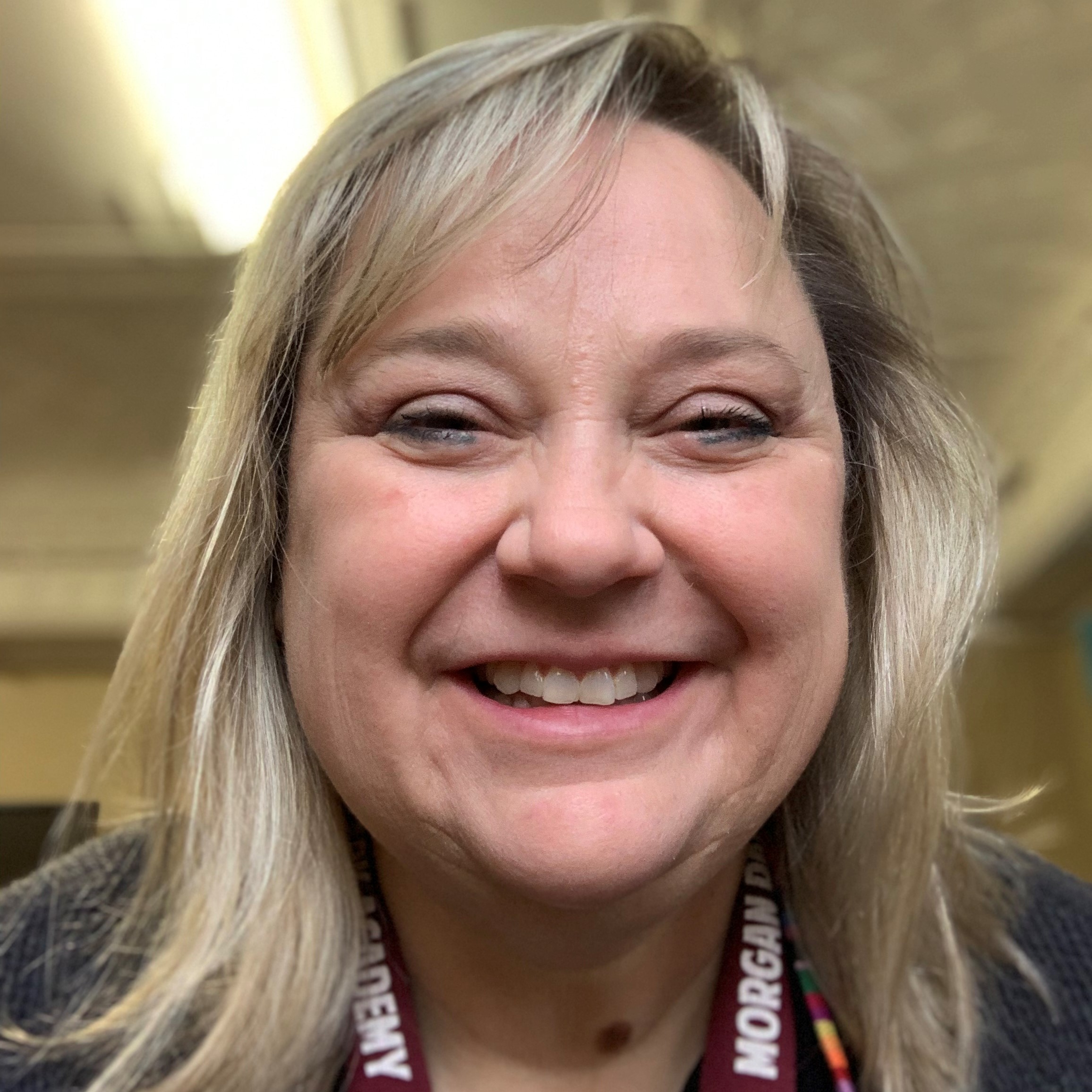
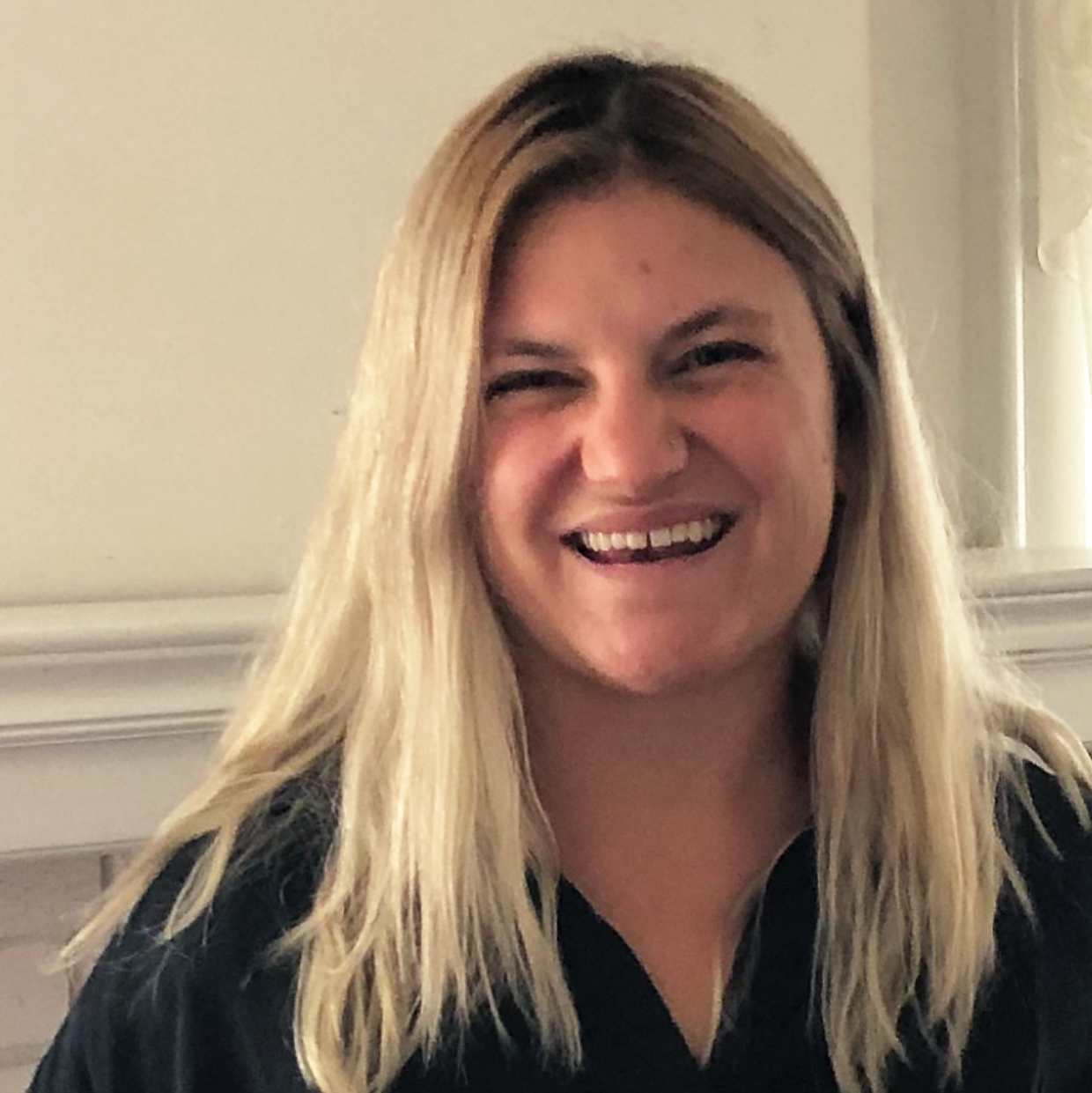 Sandra Burgess & Marymargaret Mineff
Sandra Burgess & Marymargaret Mineff
Morgan Park Academy – Chicago, IL
Gather materials, impressions, and insights pertaining to the Holocaust across eight European countries to inform the creation of a student-led podcast series for their middle/upper school peers.
“Survivors of a systematic and institutional genocide are passing away, and their stories are being forgotten. However, the perpetration of genocide and intolerance continues throughout our world. It’s the duty of every educational institution, including our own, to teach and remind students of the history so that they, and those who come after them, actively speak and work to prevent such events from happening again.”
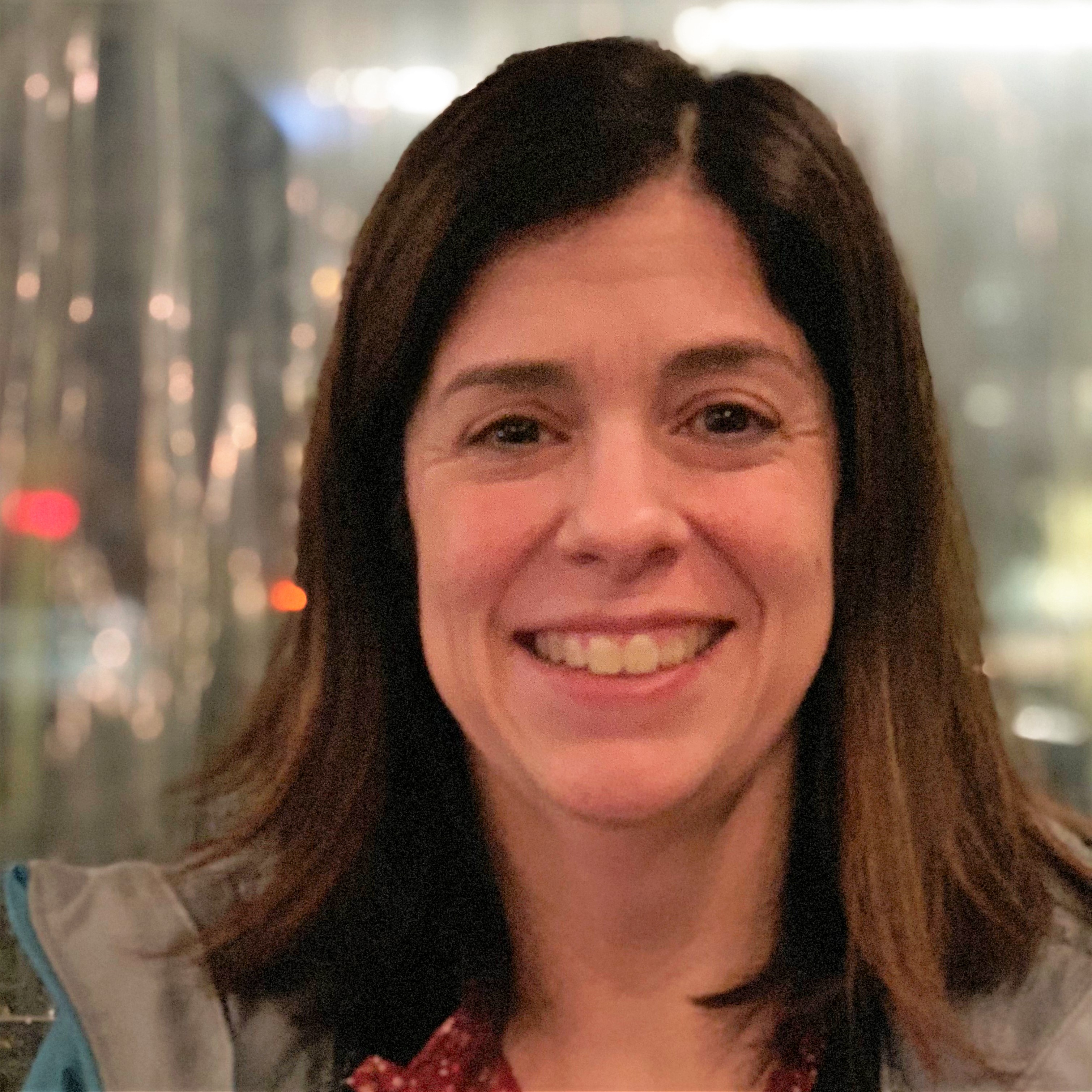 Amanda Fulfer | Battle Ground High School – Battle Ground, WA
Amanda Fulfer | Battle Ground High School – Battle Ground, WA
Join the Seattle Holocaust Center for Humanity‘s expedition to Poland to humanize horrific statistics that lay flat on merely three pages of the textbook for AP World History, World History, Contemporary World History, and AP Human Geography students.
“I firmly believe that seeing things firsthand enhances the practice, pedagogy, and authenticity of a history teacher because I will be able to share personal experiences that bring content to life. The textbook approved by our school contains a scant three pages dedicated to the Holocaust. By weaving my first-hand experience with the stories from history, I will be able to humanize the horrific statistics that lay flat on a textbook page.”
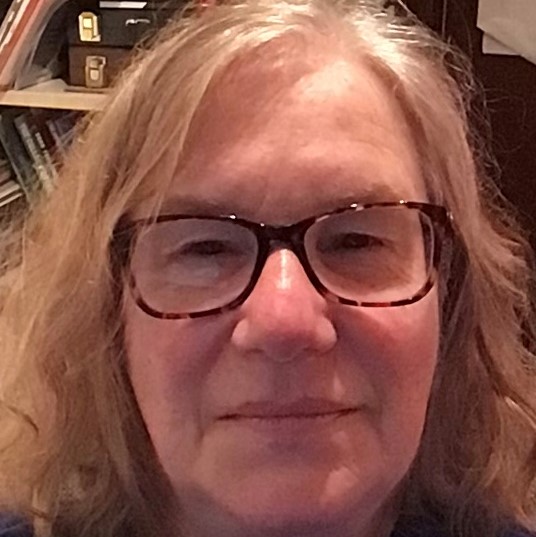 Deb Fullerton | Moorlands Elementary – Kenmore, WA
Deb Fullerton | Moorlands Elementary – Kenmore, WA
Accompany Seattle’s Holocaust Center for Humanity on an exploration of Poland’s past and present by connecting its history and people to empower students to become change makers in their communities, nation and world.
“Our state mandates Holocaust Education; however, the bulk of resources are geared toward older students. Furthermore, resources provided are a suggested start and don’t fully address foundational issues around biased attitudes and the apex of the pyramid of hate where genocide occurs. Because of the this fellowship, I can modify current resources to fit my students’ needs while also building additional resources that teachers and students can access.”
Brooke Hopkins | Soddy Daisy High School – Soddy Daisy, TN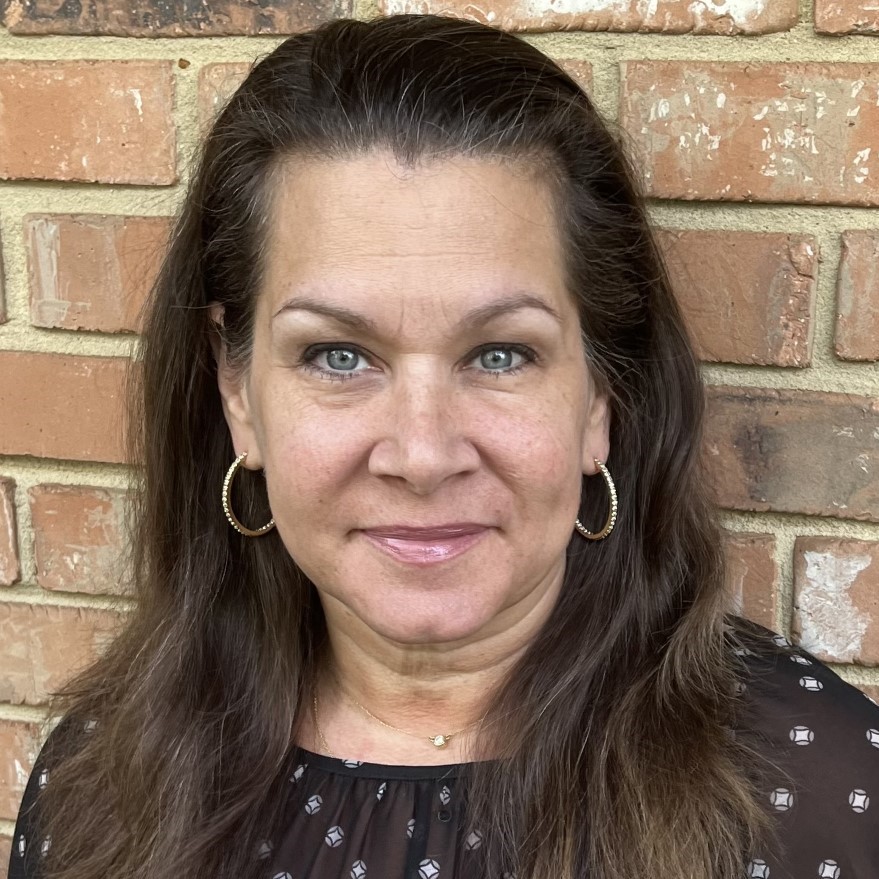
Explore cities in Northern and Central Europe that are the settings for two popular graphic novels pertaining to individual experiences of the Holocaust to build a greater understanding of the systematic way the Nazis exterminated more than six million Jews and help students feel connected to the victims, perpetrators, and bystanders of the Holocaust and its terrible place in our history.
“In the wake of so much documentation and variable proof, it is shocking that our current generation of high school students truly do not hold more than a cursory knowledge of the Holocaust and the persecution of the Jews (and other undesirable minority groups). It is also quite shameful that there is a growing number of Holocaust doubters and/or deniers. Great age-appropriate literature, especially graphic novels, create a literary space where students of all reading levels can grow intellectually, emotionally and with empathy in their views of others who differ from themselves within our world.'”
Kelly Anroman, Michael Gozzo & Shelley Sheriden | Derby Middle School – Derby, CT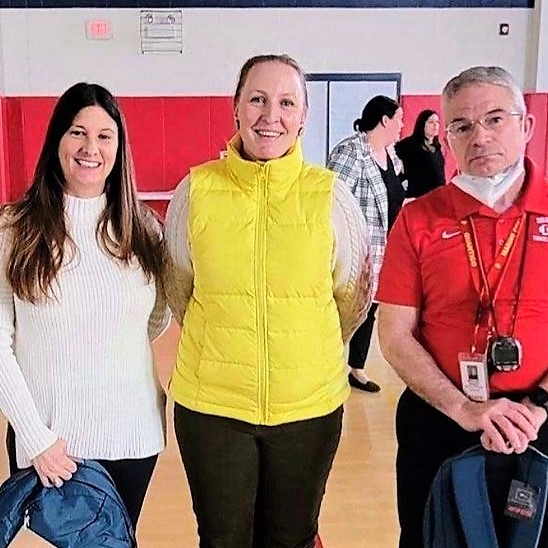
Research in Amsterdam and Germany the storyline of Anne Frank and World War II to authentically teach the injustices and atrocities that took place so students can learn from them, grow from them, and become better global citizens.
“Our shared goal is to glean a greater understanding of events leading up to, during, and following the Holocaust and World War II. We hope to promote our own sense of empathy and bring our learning back to our students and colleagues. Our goal for our students is to have them be lifelong learners and thinkers long after they leave the classroom and for our students to develop deeper understanding of each other with an empathetic lens.”
“Now more than ever, it is imperative that we invest in the most important component of any classroom — the teacher,” said Karen Eckhoff, Executive Director of FFT. “Educators are facing countless challenges every day, and Fund for Teachers is dedicated to further diversifying the ways that we can support them. Our grants represent trust in teachers’ professionalism, creativity, and vision, offering flexibility to meet the unique needs of each classroom, with the students remaining the ultimate beneficiaries as they continue to grow and learn in today’s ever-changing world.”
We look forward to introducing you to more 2022 FFT Fellows next Friday!
 Back to Blogs
Back to Blogs